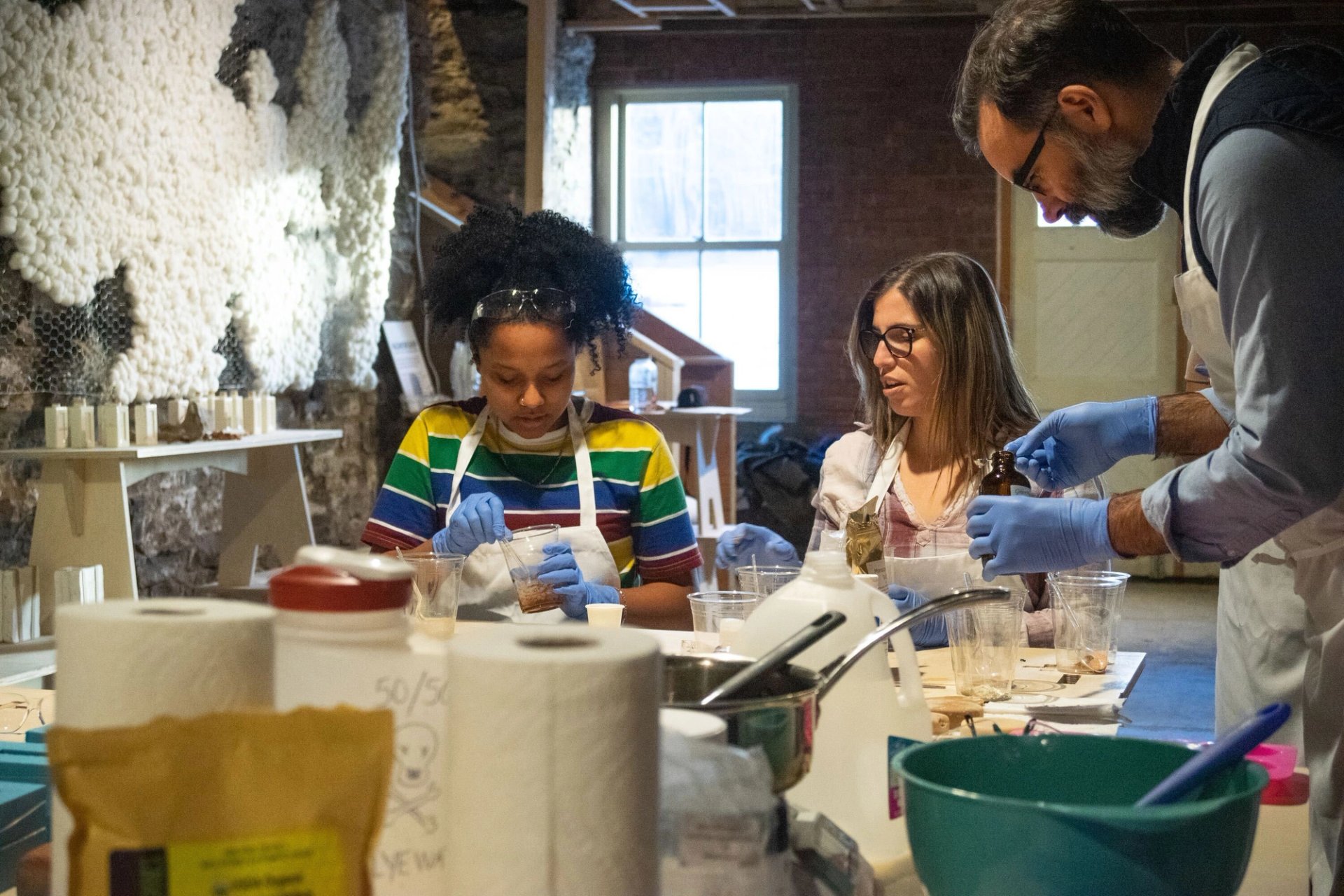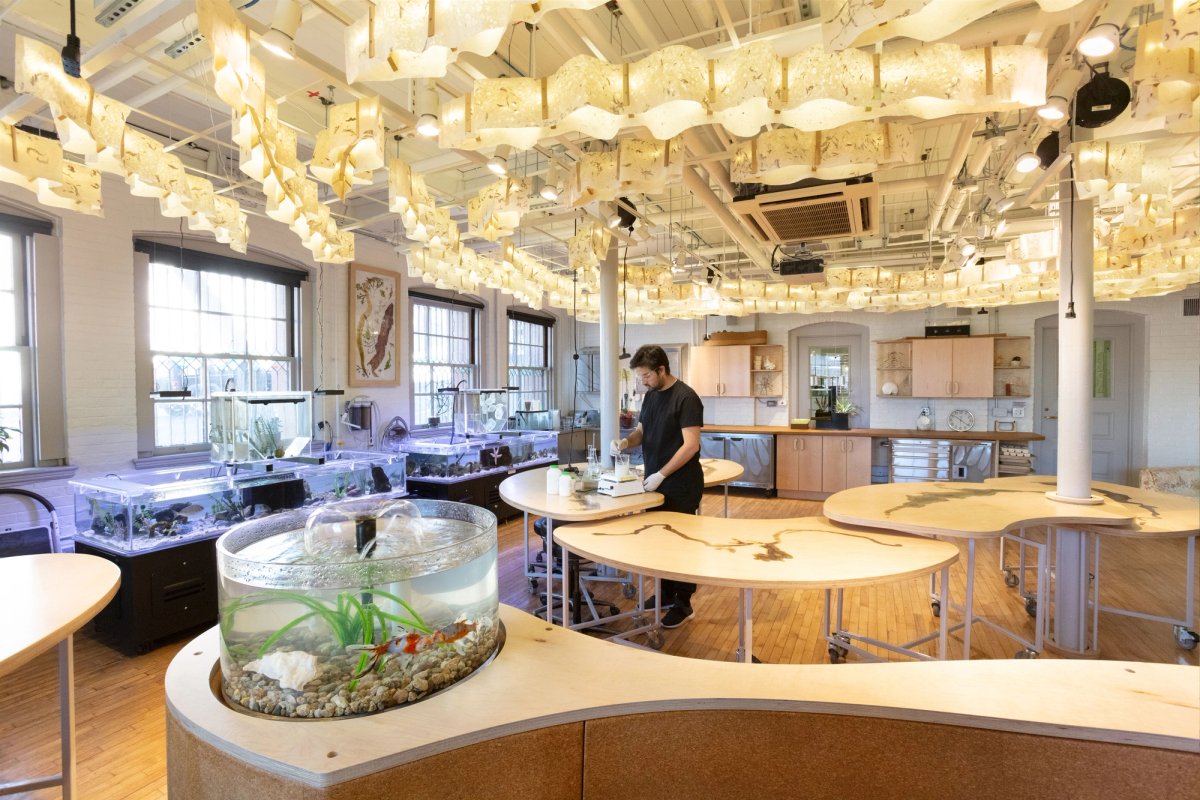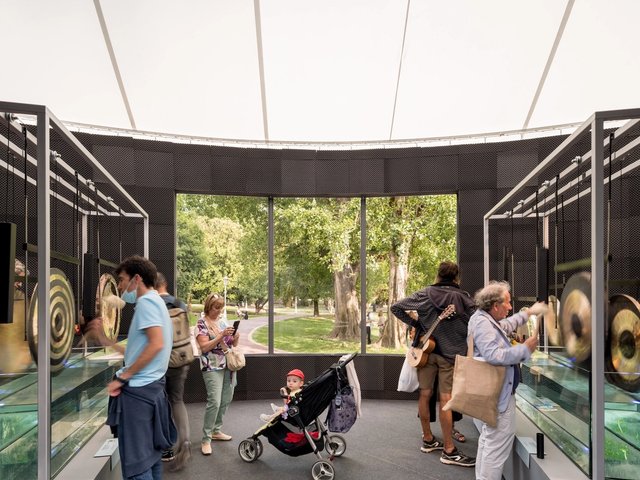As the US reverberates from devastating challenges brought on by the health pandemic and its aftermath, we urge lawmakers to seek ingenuity and energy from a source not often in the spotlight: arts researchers. In addition to being creative thinkers and makers, many artists, designers and architects are also researchers whose work reveals new insights and approaches to solving some of the most complex challenges facing our world.
Arts research tackles the multi-faceted social, political, economic, healthcare and environmental issues of our time from a place of collaboration, where creative exploration and problem-solving skills are at the core. As the Biden-Harris administration begins to fill its leadership roles, there are some key positions that are yet to be named. It is vital that our federal government includes art researchers so that their unique perspectives and voices can help catalyse change for a better tomorrow.
As veterans of the Obama administration currently serving in strategic research positions at leading art and design colleges, we know first-hand why it is crucial to include arts researchers as new teams are formed. Now is the opportunity to position our federal government as forward-thinkers who will reimagine how our society functions. What will life be like in the US after Covid-19? How will we transform our cities, communities, public spaces, museums, hospitals, schools and infrastructure into a more equitable and resourceful environment?
Arts research reflects a broad scope of activity encompassing more than 15 disciplines related to design, architecture, humanities, performing arts and visual arts. For example, at Rhode Island School of Design, thanks to federal support, we expand applications of new technologies in three-dimensional sound, collaborate with scientists to investigate the impact of climate change on marine life, and facilitate community decision-making to manage New England’s waterways. At Pratt Institute, we receive foundation support to work in rural communities to develop their creative economies by initiating design incubation between local artisans, the business community, high school students and Pratt design researchers.

A local artisan, a Pratt faculty member, and a local high school student work together on a new project that will lead to supporting the creative economy in Kingston, New York. Photo: Nigel Sequeira, Graduate Communications Design '19
When art and design are considered integral to—not separate from—science and innovation, impact is amplified and expanded. In 2018, in its report The Integration of the Humanities and Arts with Sciences, Engineering, and Medicine in Higher Education: Branches from the Same Tree (a reference to Einstein’s acknowledgment that all disciplines emerge from the same tree of knowledge), the National Academies of Sciences, Engineering, and Medicine recognised the critical importance of art and design to other fields, and the growing need for transdisciplinary practices to respond to global challenges. The report urges connections across arts, humanities, social sciences and the physical sciences so that we might realise our “full range of human knowledge and creativity”.
Through the 2018 Davos Declaration, European ministers of culture made a commitment to promote diverse cultural heritages as equally important as sustainable building practices. In September 2020, the European Commission announced its plans for a New European Bauhaus, promising to fund greater collaboration across art, design, architecture and science as a strategy to repair social damage.
Due to the pandemic, the US faces an unprecedented crisis that is pushing us into a new future. The energy of our incoming leaders must create new pathways for participatory change that is inclusive and represents different points of view and expertise.
The next four years present us with a choice. If we fail to include arts research leaders in policy development, we stand on the brink of losing deep introspection, expanded empathy and rigorous activism. If we do embrace a diversity of disciplinary perspectives, we have the unlimited potential to change the outcome of seemingly intractable challenges.
• Sarah B. Cunningham is associate provost for research and strategic partnerships at Rhode Island School of Design, and a former education director at the National Endowment for the Arts
• Allison Druin is associate provost for research and strategic partnerships at Pratt Institute in New York and a former special adviser for national digital strategy at the US National Park Service




